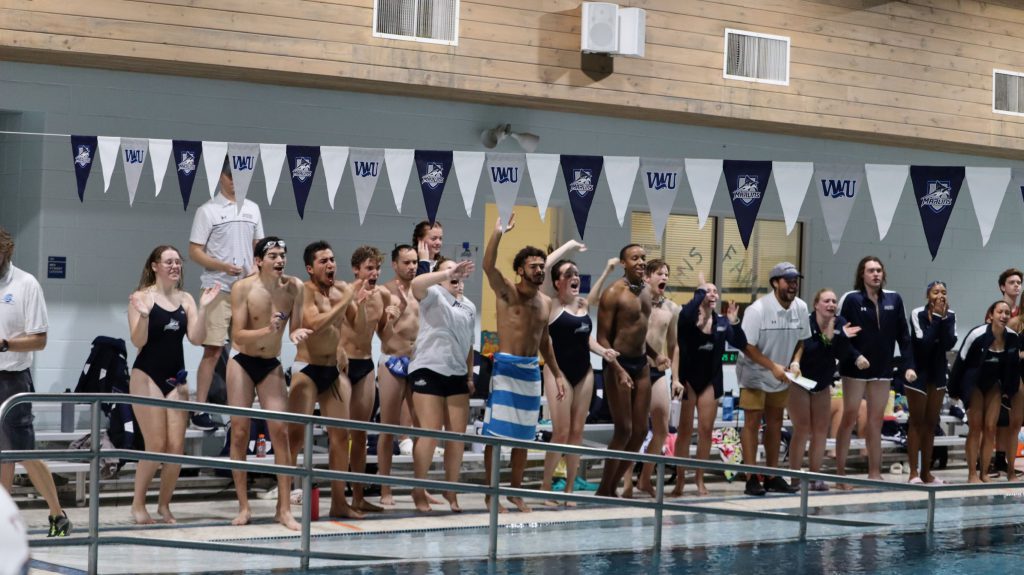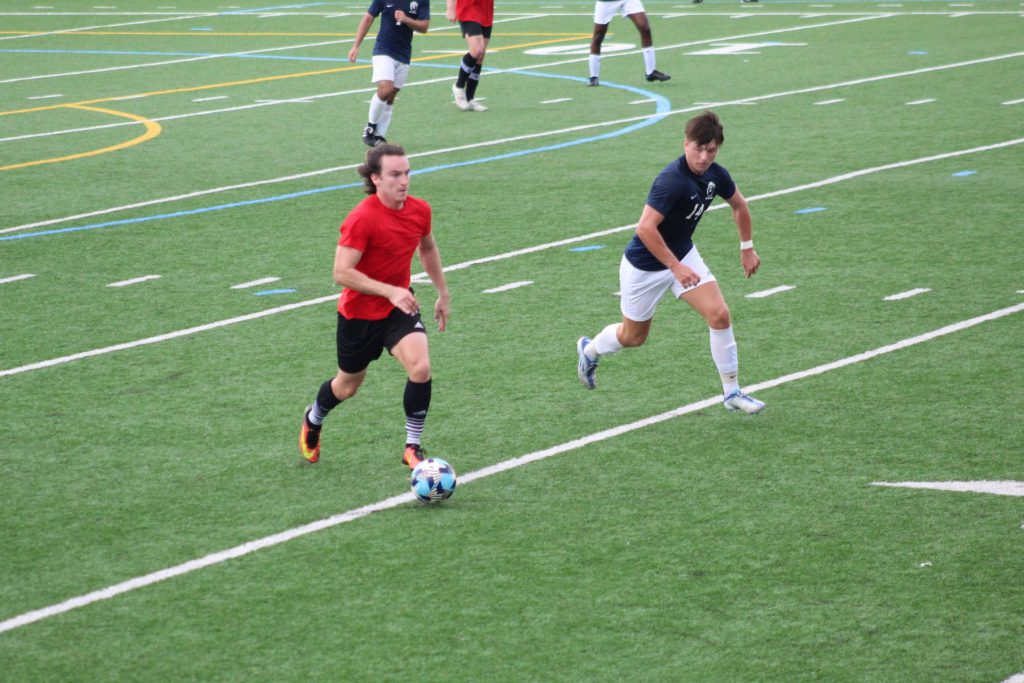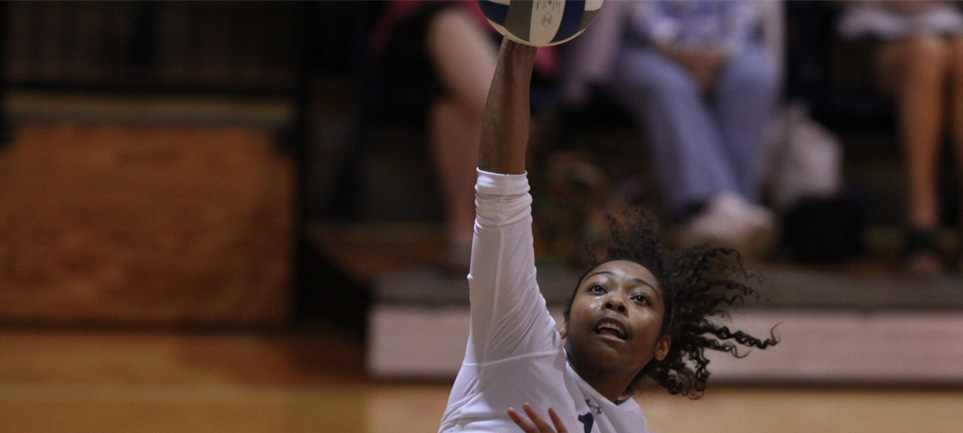The recruitment process of major Division I schools can be seen all over the media. The public watches ranked recruits go on official and unofficial visits. It is a competition of who can offer the most money; who has the most elaborate facilities; which school offers the best chances of elevating their recruit to play at the professional level.
What is often not seen is the recruitment processes of Division III schools. Weighing in on this process, coaches shared their strategies and challenges when it comes to recruitment at this level, as well as the differences, if any, that exist between the Division I, II and III levels.
Commenting on the difference between the three divisions, Women’s Soccer Head Coach Jeffery Bowers said, “Obviously the biggest difference between Division I and II is just the athletic scholarship aspect of things.”
Without the ability to offer athletic scholarships, it can pose a challenge to recruitment; however, it can also be an advantage as it shows a player’s commitment to the program.
“With Division III, it’s a struggle to entice some of those top tier athletes without any money, but then if you do get those athletes, they’re here because they truly want to compete,” Women’s Softball Assistant Coach Brianna Burger said.
Adding on to the advantages of DIII recruitment, Women’s Field Hockey Head Coach Ryley van der Velde said, “I think what we can sell at DIII is kind of a whole person experience. You get that competitive aspect, right, but it’s not as much pressure as a Division I program. We have student athletes who play a sport and do theater… so they’re able to have several different identities.”
When recruiting top talent, DIII coaches may find themselves in a tug-of-war competition with Division I schools. Bowers talked about his approach to recruitment when in situations such as this.
“I think our players want to win; they want to be successful, so that’s what we sell the difference between a Division I and Division III,” Bowers said.
Bowers emphasized that DIII schools offer the opportunity to go further in a tournament than may be possible at the DI level. “The best you’re ever going to do [in Division I] is win a conference championship because you’re going to get crushed in the first round if you make the NCAA tournament. Here, you have a chance to compete for a national championship, and that’s something that we try to sell to them,” Bowers said.
Another advantage of Division III recruiting is the ability to take risks. Van der Velde can attest to this, as she recruited a player after seeing her film and only watching her in person once or twice. This player ended up being recognized as a top player in the ODACs.
“I think that I’m never afraid to take a risk, you know. Based on a coach recommendation, if the film looks solid,” van der Velde said. “I think that’s the great thing about DIII is it’s really a trial process… everybody can kind of have an opportunity, and then we can make cuts or adjustments from there… big risk, big reward.”
Burger also talked about the reward of not necessarily seeking out the top talent of a recruiting class. “Oftentimes, we find ourselves not looking at the most talented, I mean they’re talented but not like the top product of the tournament, but those kids that just get after and get dirty… are staying for extra reps, and those little things that you can’t quite teach,” Burger said.
The importance of recruiting transcends the different divisions. As Bowers said, recruiting is “the lifeblood of your program.” Although Division III does not share in the liberty of offering athletic scholarships, this does not impede VWU coaches’ recruiting abilities, as programs such as Women’s Soccer and Softball are consistently National Championship contenders. “The good teams at our level are very talented and can compete with Division I teams,” Bowers said.
Bowers stressed that the most important aspect of winning is the culture of the team.
“I don’t think locker rooms win championships. Just because you have the best locker room or the best stadium or the best facility, those things help, but I don’t think that’s necessarily the difference between winning and losing… That doesn’t mean you have the best culture,” Bowers said.
Clearly, the strength of Division III recruiting outweighs its limitations. It emphasizes comprehensive recruiting, that is, recruiting a player for their capacities beyond their athletic abilities.
By: Sydnee Washington
sawashington2@vwu.edu


